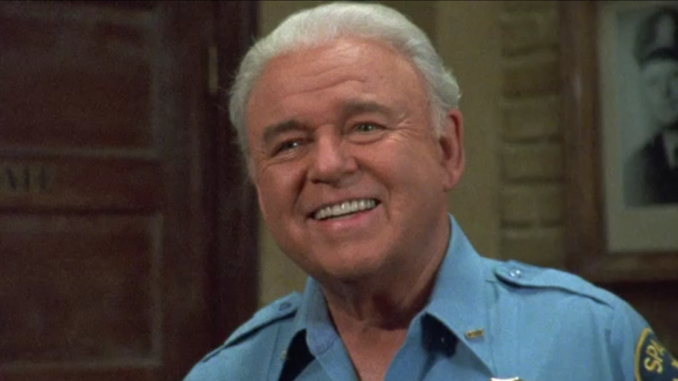
While some actors may try to play to their strengths and take on characters in different projects that are still similar to one another, some actors prefer the challenge of a career playing vastly different roles. Acting allows you to live out the life of a completely new person, even if it’s just for a moment, and some people may choose to take advantage of that by living through as many different people as possible.
Carroll O’Connor was one of the rare few truly talented actors who could spot the true differences in the characters he played, even if they seemed pretty similar.
According to an interview with The Signal, O’Connor took the time to compare and contrast two of his best-known characters, Bill Gillespie of In the Heat of the Night, and Archie Bunker of All in the Family. While some might view these two men with internal prejudice they must overcome and a very personal sense of justice and duty to be more alike than different, O’Connor would beg to disagree.
The actor stated, “They [Gillespie and Archie] come from very different cultural backgrounds. The similarities between the two would be almost nil except for the fact that the same actor is playing both parts.”
He explained that the true difference wasn’t necessarily seen through the characters’ actions. Instead, it was seen through their reactions to situations and opportunities.
O’Connor stated, “Archie would never give in or admit he was wrong. He is still carrying his old prejudices around. Gillespie is more intelligent. He understands that the old prejudices must be shucked off little by little.”
If Archie Bunker shared similarities with any version of Bill Gillespie, O’Connor argued that it was Rod Steiger’s portrayal from the original film In the Heat of the Night.
The actor commented, “Steiger’s was probably closer to Archie. Rod played him much tougher. It was the ’60s, and Gillespie had to reflect the reality of that period.” O’Connor also explained that he used the television show’s (at the time) modern setting to his advantage and reflected it in his portrayal.
He said, “Today, the South is an entirely different place. And my interpretation of Gillespie reflects that.”
